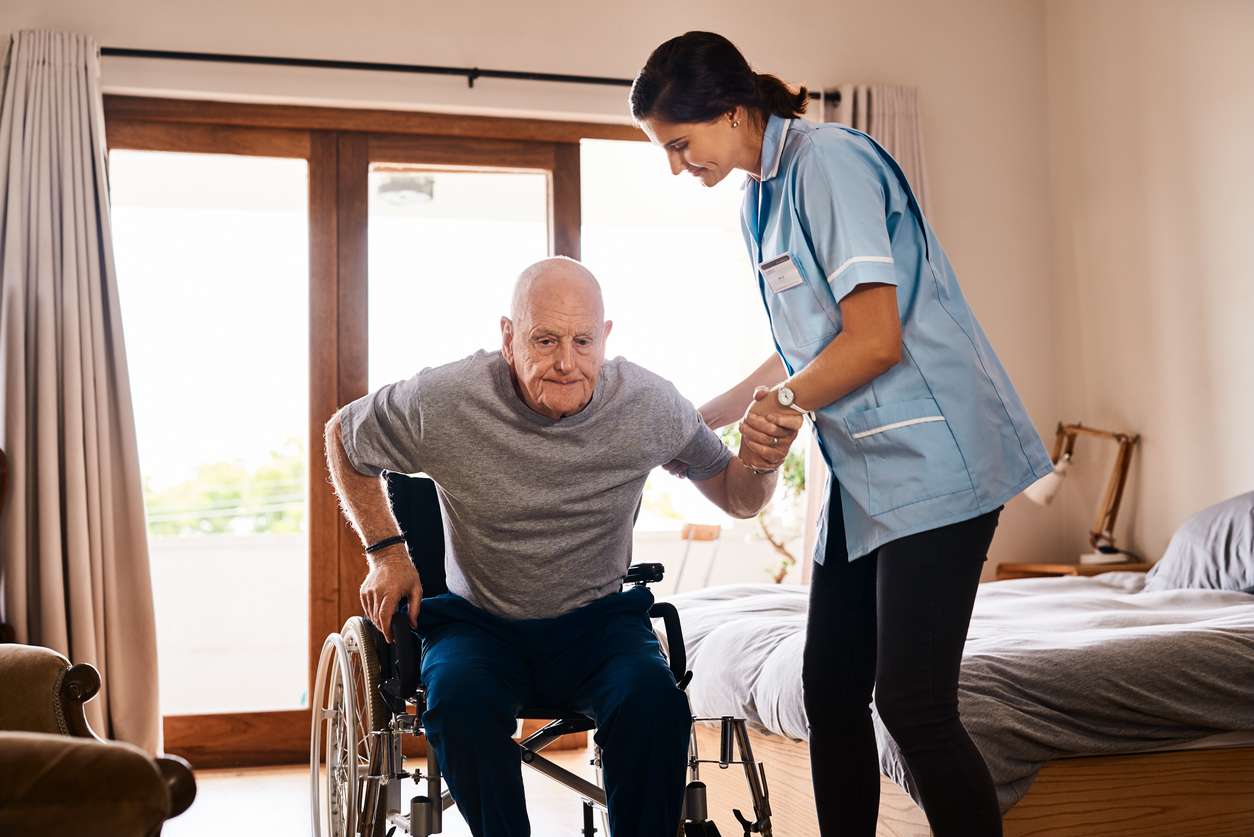Elderly Care Training: Skills and Practices for Caregivers and Home Care
Caring for older adults requires a mix of practical techniques, emotional intelligence, and up-to-date knowledge about health conditions that commonly affect aging bodies. Elderly care training prepares paid and family caregivers to support daily activities, reduce risk, and promote dignity. This article explains core training topics, skill development, and how training links to professional senior care and home care settings.

Elderly care: What does training cover?
Training in elderly care typically covers personal care tasks, mobility assistance, communication with older adults, and basic understanding of geriatric conditions. Programs teach safe transfer techniques to prevent falls, toileting and bathing support, nutrition and hydration monitoring, and documentation of observations. Good courses also address infection control, medication administration basics for non-medical staff, and how to collaborate with healthcare teams. Training varies by program length and target audience, but aims to give caregivers practical, observable skills they can apply in residential or home care environments.
Senior care skills for daily support
Senior care training emphasizes routines that preserve independence and quality of life. Caregivers learn to assess daily living needs, encourage participation in self-care, and adapt the environment—lighting, grab bars, and clear pathways—for safety. Emotional support skills include active listening, validating feelings, and recognizing signs of depression or cognitive decline. Training often includes cultural competence and communication strategies for working with family members, ensuring that care plans reflect the older person’s preferences and values while meeting practical health and social needs.
Caregiver responsibilities and soft skills
Beyond technical tasks, caregiver training highlights soft skills that reduce stress and improve outcomes. Time management, problem-solving, teamwork with nurses and therapists, and consistent documentation are core responsibilities. Conflict resolution and setting professional boundaries help caregivers manage difficult interactions. Empathy, patience, and observational skills allow caregivers to notice subtle changes in appetite, mood, or mobility that might signal health issues. Well-designed training combines role-play, scenario-based learning, and supervised practice to build confidence in both clinical and interpersonal aspects of caregiving.
Healthcare knowledge needed for elders
Elderly care training connects caregivers to basic healthcare concepts relevant to older adults: common chronic conditions (like heart disease, diabetes, arthritis), effects of polypharmacy, signs of infection, and how to monitor vital signs when required by scope of practice. Training emphasizes when to escalate concerns to nurses or physicians, how to follow care plans, and how to assist with medical devices such as oxygen or catheters when trained to do so. Understanding these healthcare elements helps caregivers contribute to coordinated, safer care and improves communication with professional health teams.
Home care techniques and safety practices
Home care training prepares caregivers to deliver services in private residences, where environmental hazards and varying layouts require adaptable approaches. Topics include creating a fall-prevention plan, proper use of assistive devices, meal preparation that meets dietary needs, and strategies for supporting cognitive impairment or dementia-related behaviors. Training also covers legal and ethical considerations for in-home work, maintaining client privacy, and infection prevention in small spaces. Practical drills—like moving a client from bed to chair—are essential to reduce injury risk for both caregiver and care recipient.
This article is for informational purposes only and should not be considered medical advice. Please consult a qualified healthcare professional for personalized guidance and treatment.
Conclusion
Elderly care training equips caregivers with a balance of hands-on techniques, healthcare awareness, and interpersonal skills needed in senior care and home care settings. Whether someone seeks formal certification or family members want targeted training, programs should emphasize safety, respect, and effective communication. Continued learning and collaboration with healthcare professionals help ensure that care remains responsive to evolving needs as people age.






